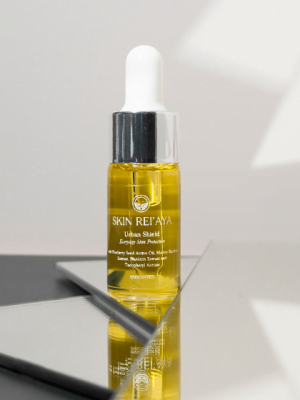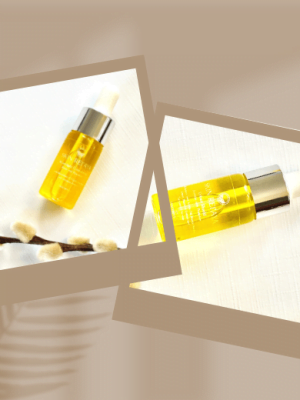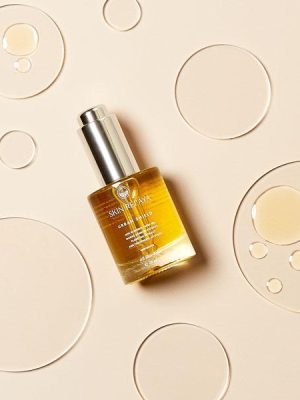SQUALANE
May 22, 2021 2022-12-26 13:21In the vast world of skin care ingredients, squalane oil ranks among the most interesting and effective for dry skin. Although often labelled an oil, squalane has several differences and unique benefits compared to many traditional plant and mineral oils including that it:
- Works like skin’s own oil to prevent moisture loss and restore suppleness
- Helps neutralize damage caused by UV light
- Helps protect against lipid peroxidation which can damage pores
- Feels lightweight and non-greasy
- Can be sustainably sourced from plants when used in skin care (vegan)
- Is unlikely to irritate skin or trigger an allergic reaction
What is Squalane Oil?
Squalane oil is an emollient, a type of ingredient that works very much like skin’s own oil (sebum) to prevent moisture loss. Chemically, it’s a hydrocarbon, a group of ingredients made of only hydrogen and carbon. Common skin-friendly hydrocarbons for skin include petrolatum and mineral oil; squalane is the primary one from the plant world, so it’s a good alternative if you want to avoid petrochemicals.
A unique aspect of squalane is that it’s a modified form of squalene, one of the key components in our sebum. This fact makes squalane an ingredient skin instantly recognizes and knows how to use, but there’s more to the story than simply being an emollient.
Some people wonder if squalane is a vegan ingredient; traditionally, the squalene from which it’s created was derived from shark liver oil. Today, the majority of skin care brands using squalane are choosing a plant-derived, sustainable source. It occurs naturally in olive, wheat bran, rice bran, and amaranth oils (1, 3). Paula’s Choice uses olive-derived vegan squalane. It can also be produced via biotechnology from the yeast Saccharomyces cerevisae, where it’s often referred to as sugar derived.
Squalane Benefits for Skin
Along with its moisturizing ability, squalane benefits also include being an oil-soluble antioxidant. It works with other antioxidants in skin to neutralize damaging oxygen molecules generated when skin is exposed to UV light.
The antioxidant benefit of squalane also helps it protect skin’s oil from what’s known as lipid peroxidation, a process that damages skin’s surface and deeper in the pore lining where oil originates. This peroxidation is also believed to play a role in acne, as it can change the skin’s oil composition so it becomes inflammatory.
Squalane’s sebum-like ability helps lubricate skin so it feels comfortable but, unlike too much sebum, its lightweight nature keeps it from feeling greasy. It’s recognized by other lipids present in skin such as ceramides and cholesterol, where it works to visibly repair skin’s vital barrier, a process that can help skin look younger and become less reactive.








